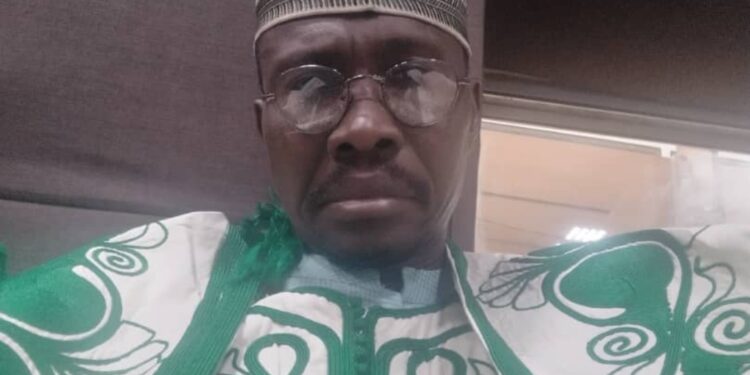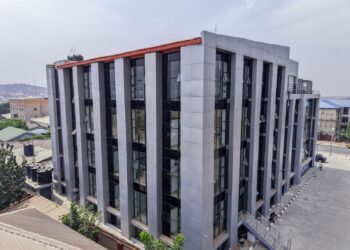Popular security and public affairs analyst, Comrade Salihu Dantata Mahmud, captivated audiences during the widely-watched NTA Network Weekend Deal program on Sunday.
Known for his incisive commentary on security, human rights, and societal issues, Mahmud delved into historical perspectives, myths, and legends alongside creative musician Maanyan Nimyel.
Hosted by two seasoned NTA broadcasters, the program began with Mahmud reflecting on the musical legacy of the late Dr. Sikiru Ayinde Barrister, the creator of Fuji music. Singing a verse from Barrister’s Fantasia Fuji Side 1, Mahmud moved the anchors and audience with his poignant rendition of “Nigeria, which way are we going,” a call for political unity and democratic progress.
Maanyan Nimyel, a guest on the program, complemented Mahmud’s reflections with her tribute to legendary singer Onyeka Onwenu. Nimyel highlighted the inspirational influence of Onwenu’s music on her career, singing a soulful rendition of one of Onwenu’s iconic songs.
As monitored by Anabel Crown of the Global Information Team in London, Mahmud and Nimyel received high praise for their performances, with Crown commending their ability to blend cultural commentary with entertainment.
In a segment discussing women’s empowerment, Mahmud paid tribute to Queen Amina of Zaria, hailing her legacy of female liberation. He emphasized how modern icons like Gambo Sawaba, Laila Dogonyaro, and Dr. Mariam Babangida continued her work.
Mahmud also highlighted the impact of the 1995 Beijing Conference and the 35% affirmative action for women, championed by Dr. Mariam Sani Abacha’s programs on family economic advancement.
Addressing challenges faced by younger generations, Mahmud attributed the lack of sacrifice to an absence of enabling environments.
He urged Nigerians to embrace patriotism and unity, drawing inspiration from Ayinde Barrister’s Atlanta ’96 album, which emphasized the spirit of sportsmanship and national cohesion.
The program, infused with history, music, and socio-political insights, further solidified Mahmud’s reputation as a respected voice across numerous platforms, including Arise TV, Liberty TV, Vision FM, and international outlets like VOA Hausa and TmAfp France.











